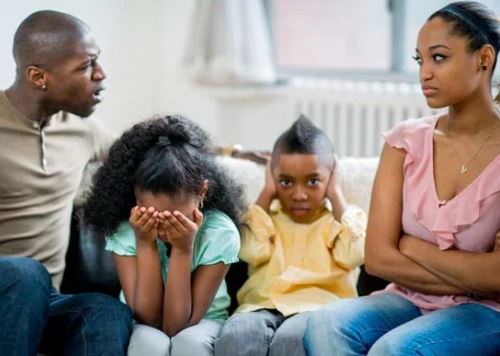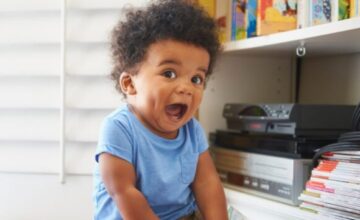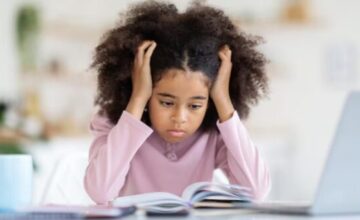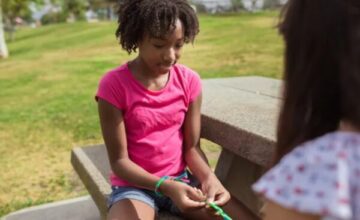
For an individual experiencing divorce, it can be an incredibly difficult time for them and the children as well.
The effects on a child’s behavior may be unpredictable, and it may affect each child differently.
However, the negative effects of divorce on children can extend well beyond the initial emotional reactions of sadness, anger, and resentment.
If you’re going through a divorce, it’s important to understand how divorce may affect your children and learn how to best support them.
How divorce affects children
Divorce may have many negative effects on children, and it can affect each child differently. These negative effects may create issues in a child’s education, relationships, and emotional well-being, persisting into adulthood.
1. Academic performance
Children in school, no matter their age, may see a decline in their academic performance. Their grades may slip, and they may refrain from participating in recreational or after-school sports or activities because they are distracted by their life at home.
2. Difficulties adapting to change
Children experiencing a divorce may find it difficult to adapt to the transition. During a divorce, a child may have to learn how to adapt to a new family unit, a new living situation, different schools, new friends, among other things. This may be incredibly overwhelming for a child, or they may resist these changes.
3. Loss of interest
Research shows that divorce may impact children socially. They may find it more difficult relating to other children whose parents aren’t divorced, and they may feel no one understands what they are going through.
4. Emotional issues
When a child experiences a divorce, they may experience a wide range of intense emotions during the grieving process. Feelings of anger, confusion, guilt, sadness, or anxiety may cause your child to feel overwhelmed and potentially unsure of how to manage these emotions. Your child must have someone they trust they can talk to about what they are feeling and learn healthy ways to process and cope with these emotions.
5. Risk-taking behaviors
Adolescents with divorced parents are more likely to engage in risky behavior, such as substance use and early sexual activity. They drink alcohol earlier and report higher alcohol, marijuana, tobacco, and drug use than their peers.




